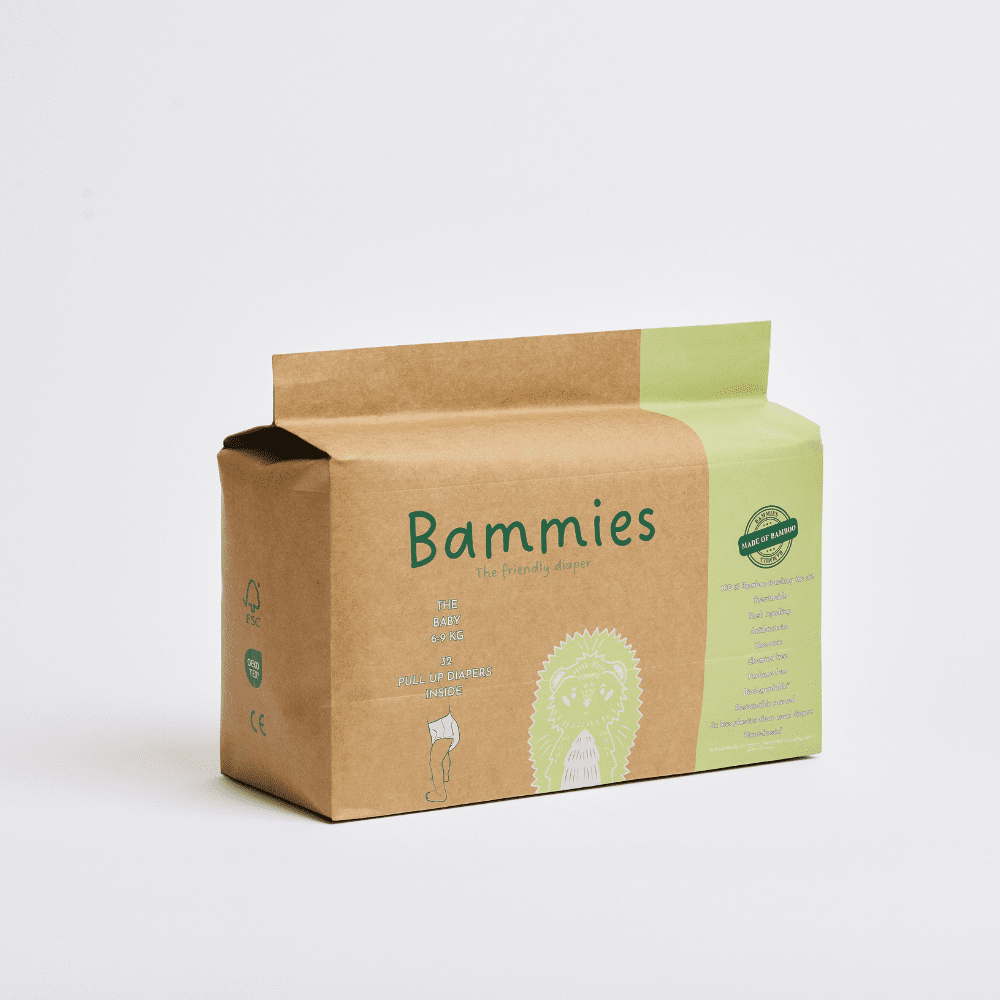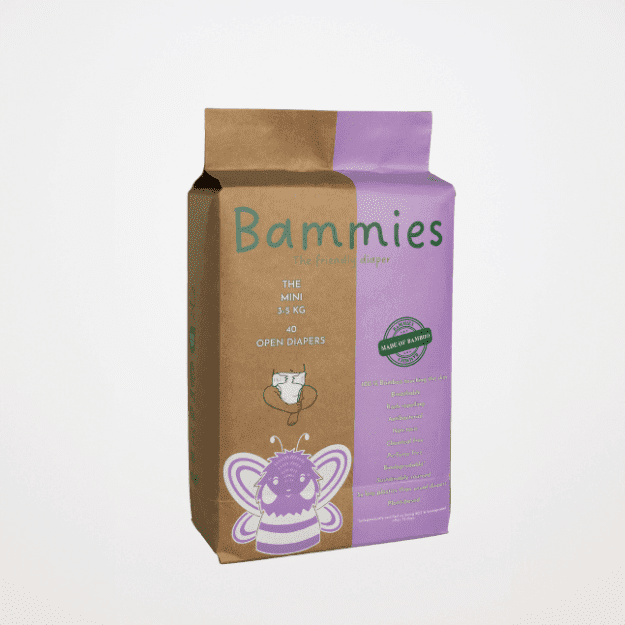Most of us probably know by now that plastic is not good for nature, but how bad is it really for our environment? And why is it so important that we do something about it? We all want our children to have a nice planet to live on when they grow up and it's time for us parents to make a difference.
Plastic has become an integral part of our daily lives, but its convenience comes at a high cost. Our planet is facing a plastic crisis and the damage caused by plastic pollution is becoming increasingly difficult to ignore. From the oceans to the landfills, plastic waste destroys our planet in several different ways.
The problem with plastic is that it takes hundreds of years to break down and once it does, toxic chemicals are released into the environment. The production of plastics is also a significant contributor to greenhouse gas emissions, which contribute to global warming and climate change. Plastic waste can end up in oceans, rivers and other waterways, harming marine life and polluting the food chain. It also poses a significant health risk to humans, as microplastics have been found in our drinking water, food and even the air we breathe.
Plastic waste is also particularly harmful to marine life, as it can be mistaken for food by animals such as sea turtles, fish and seabirds. Once swallowed, plastic can cause internal damage, blockages and suffocation. It can also entangle and trap animals, leading to injury, drowning and even death. This not only affects the animals themselves but also the entire ecosystem they are a part of.
The effects of plastic pollution also affect the country, where plastic waste can take up valuable space in landfills and contribute to soil pollution. Plastic bags are particularly harmful to land-based plastic pollution. They are light and often end up as litter, where they can entangle animals and damage ecosystems (which is why we have no plastic in our packaging at all).
In order to reduce our use of plastic, we have chosen to use bamboo in our products as well as paper and cardboard for our packages.
There are several reasons why we should use natural materials like bamboo instead of plastic. Firstly, bamboo is a sustainable and renewable resource. It grows quickly, requires less water than most other crops, and does not need fertilizers or pesticides to thrive. This makes it a much more environmentally friendly option than plastic, which is made from non-renewable fossil fuels and requires a significant amount of energy to produce.
Additionally, bamboo is biodegradable, meaning it will break down naturally and not contribute to the growing problem of plastic pollution. Unlike plastic, which can take hundreds of years to break down and release harmful chemicals into the environment, bamboo products will only break down and return to the earth.
In addition, using bamboo instead of plastic can help reduce our carbon footprint. As mentioned earlier, the production of plastic is a major contributor to greenhouse gas emissions, which contributes to climate change. By using bamboo products instead, we can reduce our dependence on plastic and reduce the amount of carbon dioxide emissions released into the atmosphere.
In conclusion, using natural materials like bamboo instead of plastic is not only better for the environment, but it is also a more sustainable and responsible choice for all families. By choosing bamboo products, we can help reduce our carbon footprint, reduce plastic pollution and protect the planet for future generations.
Read more about our products here

